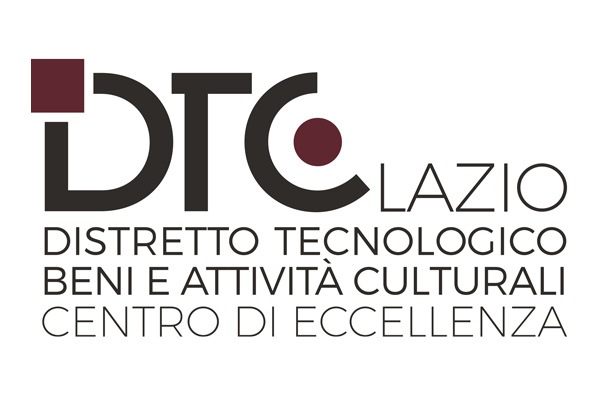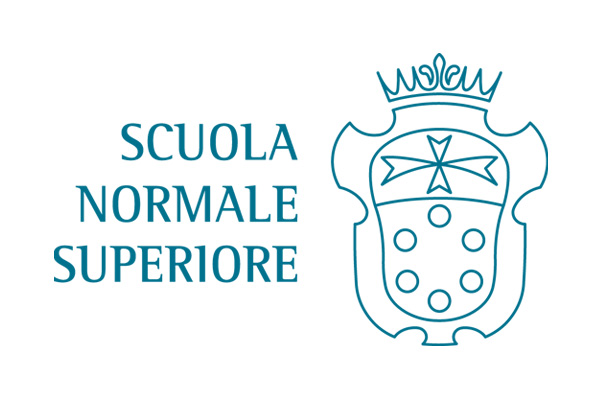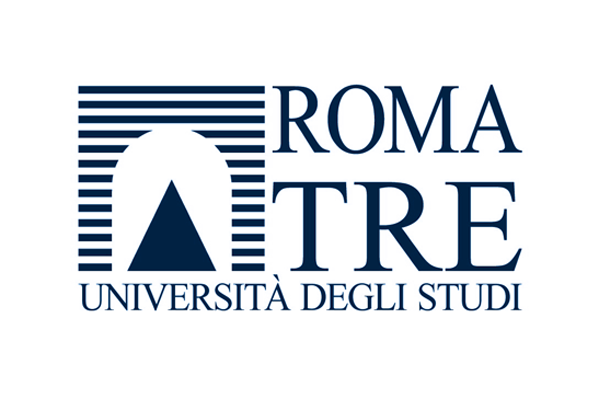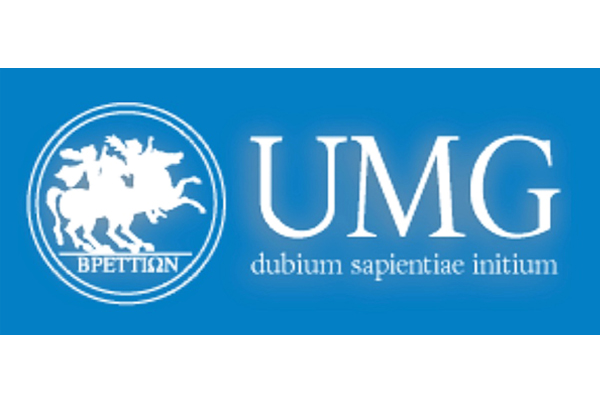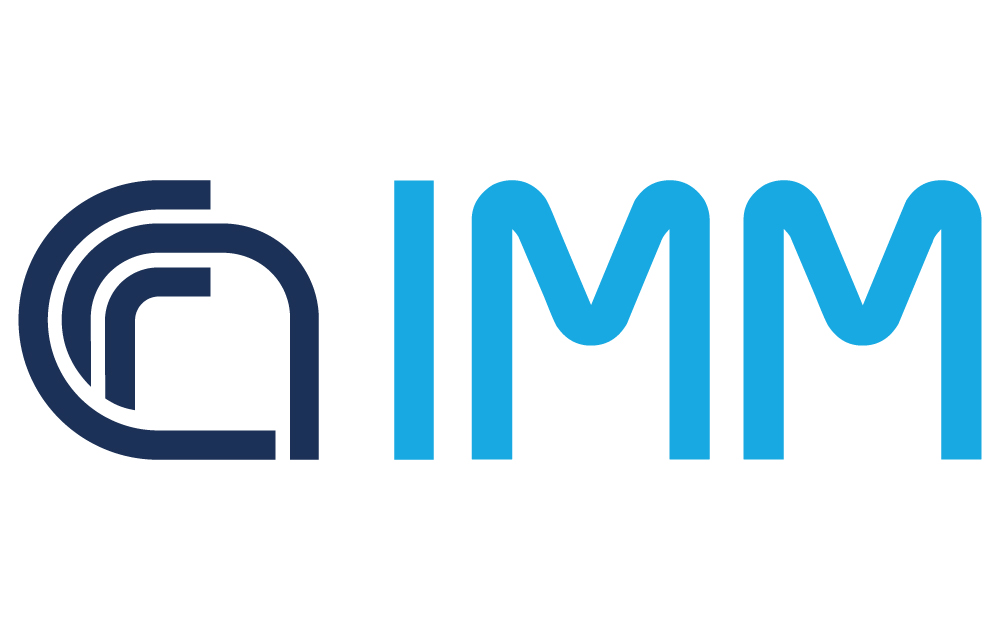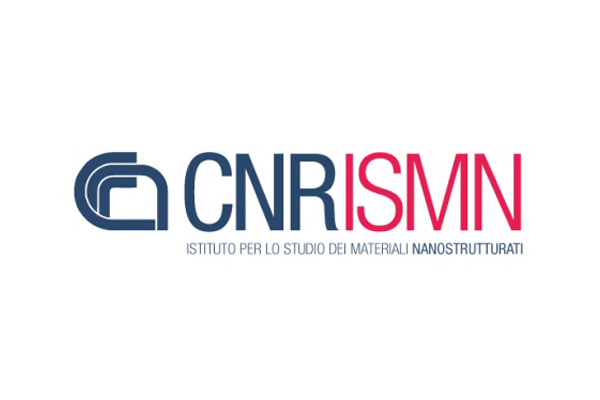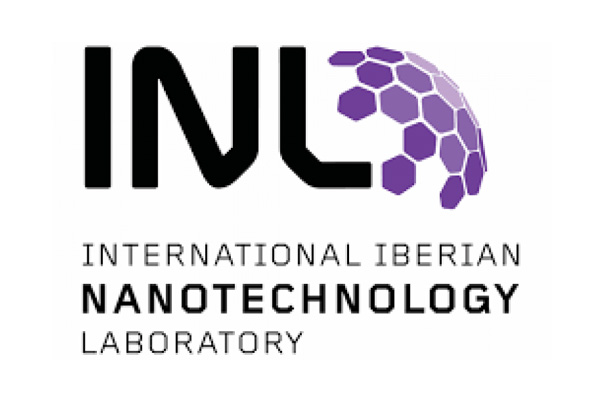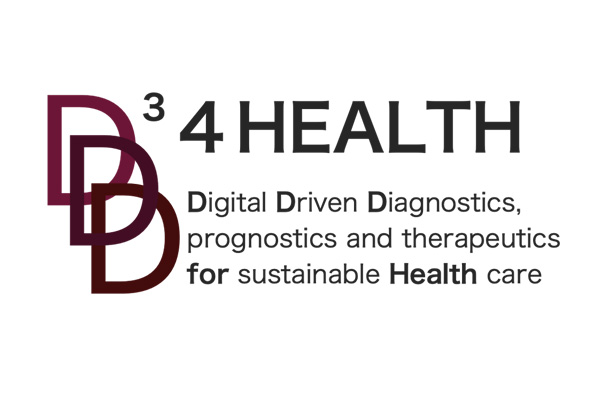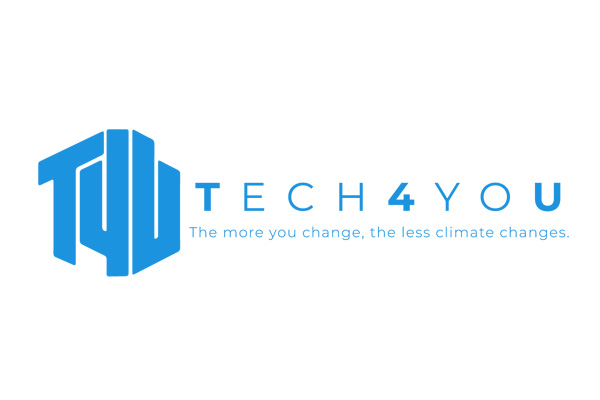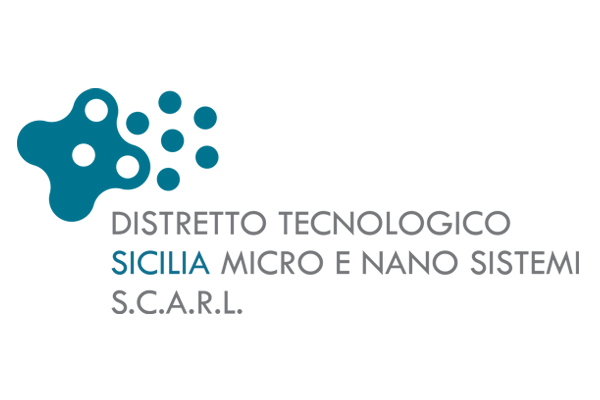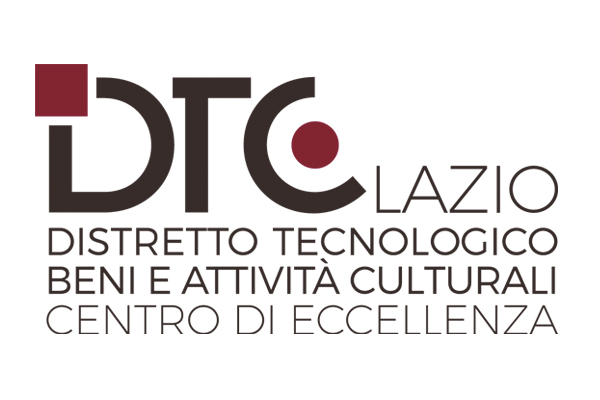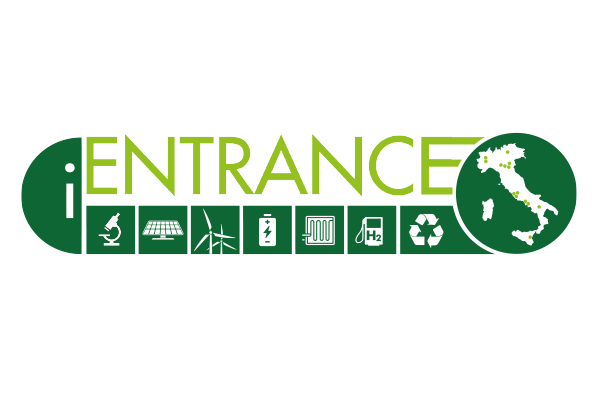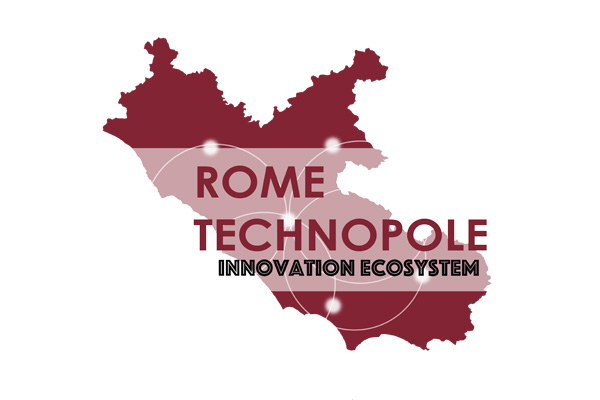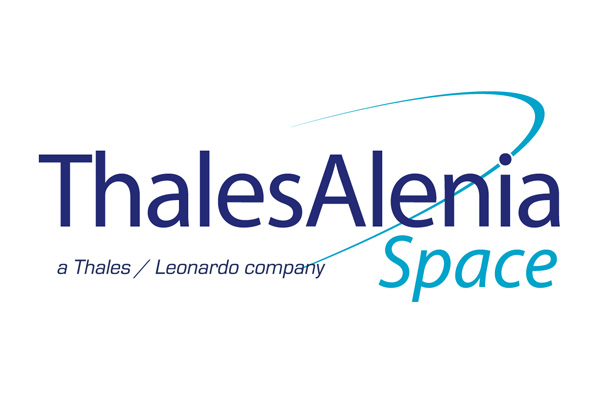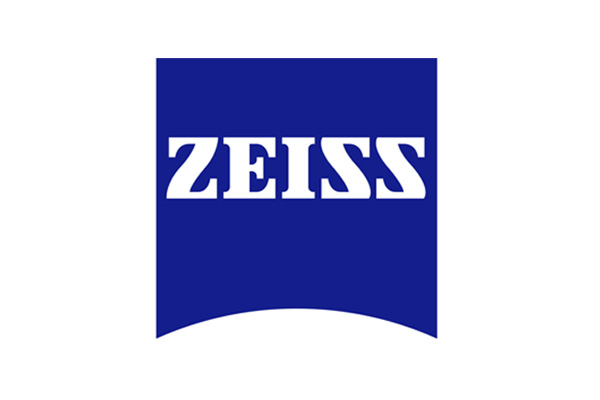 |
 |
 |
 |
 |
||||||||||||||
 |
 |
 |
 |
 |
 |
 |
 |
| ROOM 17 | |||||||
| GE.I NANO-ENABLED AGRICULTURE |
|||||||
| Chairs: Luca MARCHIOL, University of Udine & Daniele SCHIAVI, University of Tuscia | |||||||
| Co-organized with: | |||||||
 |
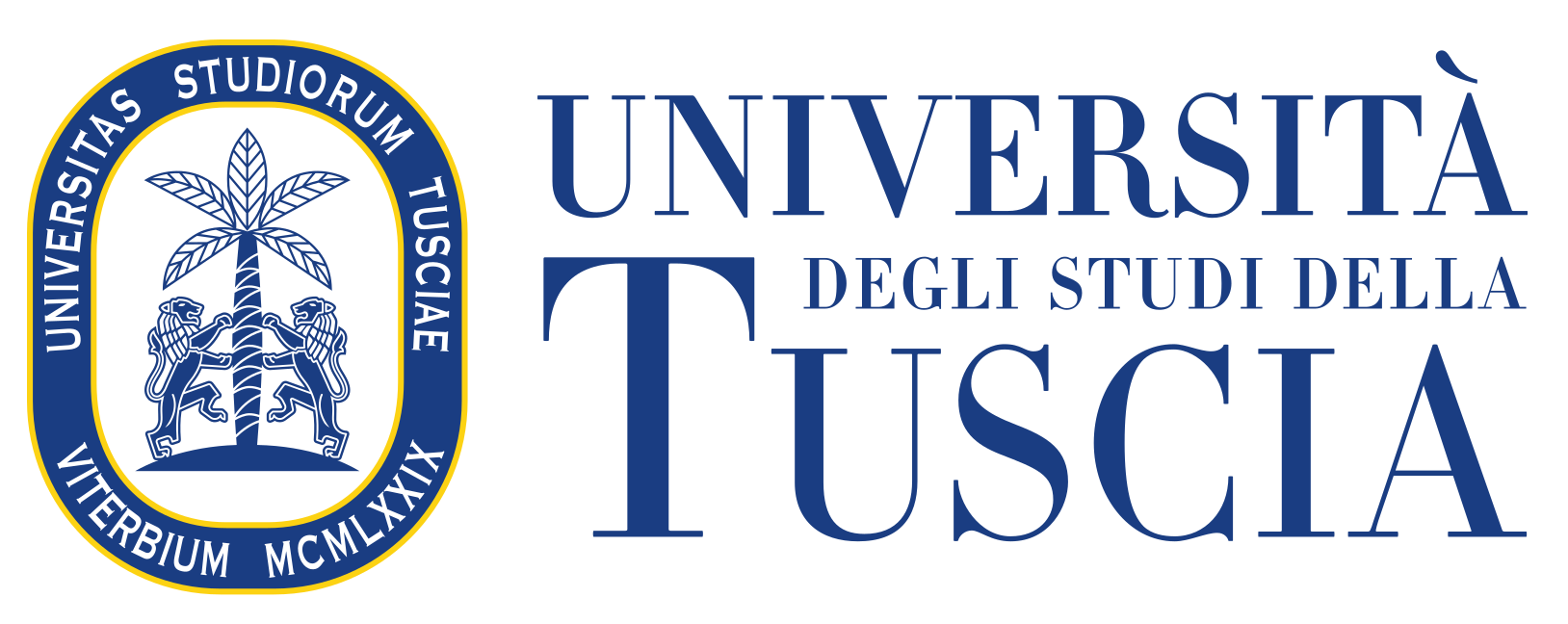 |
 |
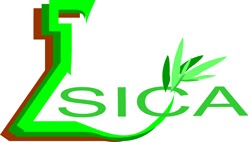 |
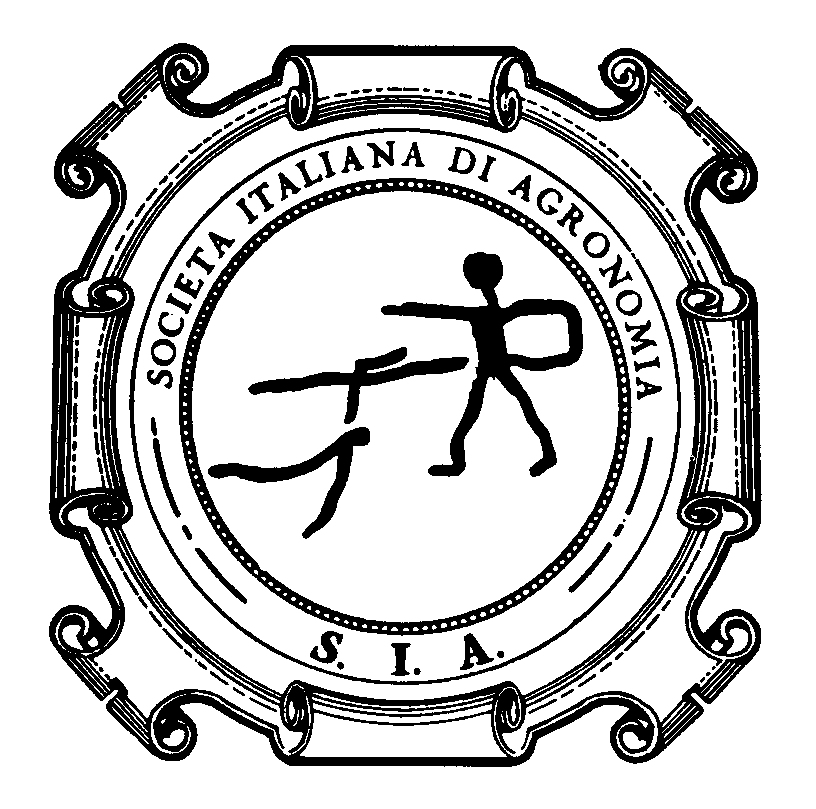 |
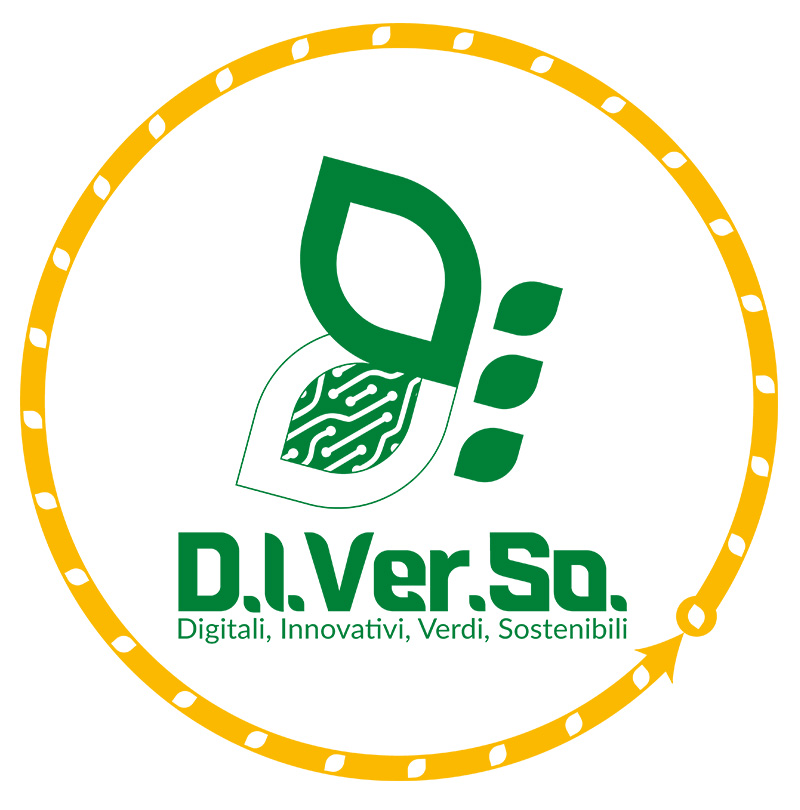 |
||
|
With the world’s population expected to exceed nine billion by 2050, scientists are working to develop new ways to meet rising global demand for food, energy and water without increasing the strain on natural resources and the environmental pressure. Organizations including the World Bank, and the U.N. Food and Agriculture Organization, as well as the EU F2F and Green Deal strategies are calling for more innovation to address the challenges of the agri-food sector. The development of nano-based techniques in agriculture has been started very recently; they will be implemented within the evolving science of precision agriculture, in which farmers use technology to target their use of water, fertilizer, plant protection products and other inputs. A second, broad potential application concerns the issues of reduction and valorization of agri-food wastes. The introduction of nanotechnologies in agriculture still needs deepen basic and applied knowledge, however several promising results were achieved, so far. A huge development is taking place in this sector, therefore nanotech applications currently under development will soon be overtaken by other ideas that are expected to contribute to solve several issues in the field of sustainable agriculture. NanoInnovation 2024 hosts workshop “Nano-enabled Agriculture” co-organized by the Universities of Parma, Tuscia and Udine. The workshop will be the forum for discussing the perspective of nanotechnologies in the primary sector among the stakeholders and scientific research. The workshop has been partially financied by DIVERSO, in the frame of Italian Ministry of University and Research Excellence Department (Law 232/2016). |
|||||||
| Session I Research projects |
||||||||
| Chair: Daniele SCHIAVI, University of Tuscia | ||||||||
| Italian research on nano-enabled agriculture is vibrant on the global stage. During the session, several ongoing research projects in Italy, facilitated by international collaborations, will be presented. | ||||||||
| 11:30 - 11:45 | Chuanxin MA - CV Guangdong University of Technology, China Engineered nanomaterials defend against biotic and abiotic stresses in crops |
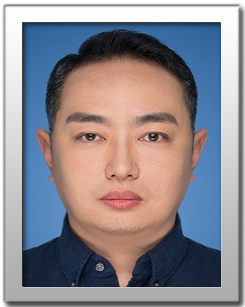 |
||||||
| 11:45 - 12:00 | Fabrizio DE CESARE - CV University of Tuscia MOSSA - Monitoring Fruit Tree Health: Nanomaterial-Driven Sensors and Power Systems in a Multifunctional Platform |
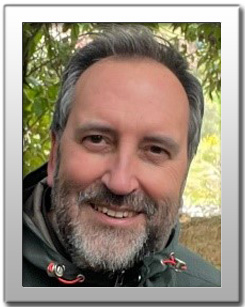 |
||||||
| 12:00 - 12:15 | Guido FELLET - CV University of Udine PRIN – CLEOPATRA Circular economy and sustainable agriculture: Hydroxyapatite from biowastes as smart nanofertilizer - CLEOPATRA |
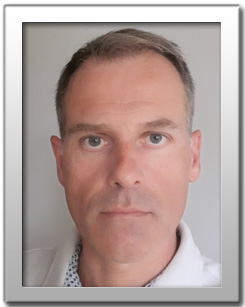 |
||||||
| 12:15 - 12:30 | Magda BLOSI - CV ISSMC CNR PNRR – ECOSISTER Advanced Materials for Sustainable Water Treatment: Integrating Microalgae Biomass with Inorganic Nanomaterials |
 |
||||||
| 13:00 - 14:00 light lunch | ||||||||
| Session II ROUND TABLE A view of nano-enabled agriculture in Italy. Let's talk about the game rules |
||||||||
| Moderator: Cristiano RICIPUTI, Professional Journalist | ||||||||
| The purpose of applied research is to develop knowledge which will eventually lead to innovations that can potentially change the rules of the game in a production sector. The global primary sector is currently in a complicated phase. Structural efficiency is required to reduce pressure on the environment, which can be achieved by introducing technological innovations such as nanotechnologies. Several far-east countries and India have already implemented nano-enabled agriculture, while in the USA, significant resources have been invested in R&D projects. However, in the EU, a precise system of regulations for nano-agrochemicals has not yet been established. A group of researchers in Italy are working on developing innovations, and some manufacturers are starting to enter the market. However, it is essential to understand the current and future market conditions in our country, the technical skills of farmers and the perceptions of consumers. The PRIN20022 Cleopatra project facilitates discussions with various stakeholders on these crucial issues. | 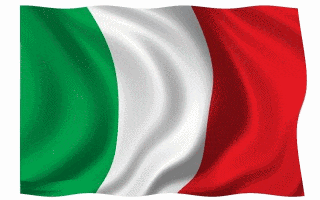 |
|||||||
| PANELISTS | ||||||||
| Luca MARCHIOL - CV, University of Udine |
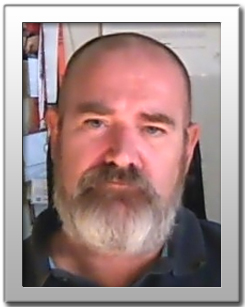 |
|||||||
| Giuseppe CIUFFREDA - CV, FCP Cerea, NANO.T | 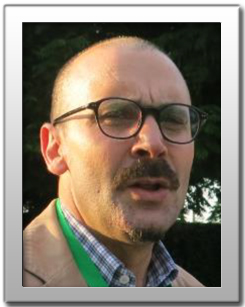 |
|||||||
| Stefania BOI - CV, NANOMNIA |
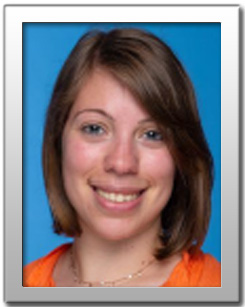 |
|||||||
| Silver GIORGINI - CV, OROGEL | 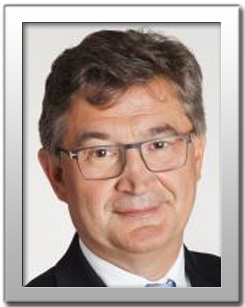 |
|||||||
|
Manuel ISCERI - CV, Federchimica, Assofertilizzanti |
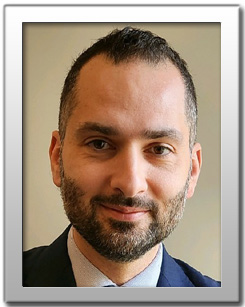 |
|||||||
| 15:30 - 16:00 break | ||||||||
| Session III Circular Economy as the next step for sustainable nano-inspired applications |
||||||||
| Chair: Davide SAVY, University of Naples "Federico II" | ||||||||
| Nanotechnology could have a huge impact on many agricultural areas in the recent future. This is particularly true for pest control, plant nutrition and priming, bioremediation and sensors, as well as food packaging. However, nanotechnology could play an even more relevant role in boosting the sustainability of our supply chains if we consider the potential in dealing with waste. Indeed, the European Community is asking us to shape new industrial processes to minimize the production and enhance the alternative use of waste, according to the principles of circular economy. Waste represents an interesting source of raw materials, such as polymers, organic molecules, humic substances, which can be isolated, purified, engineered and transformed by several chemical-physical methods to obtain functional nanomaterials with novel properties. The aim of this session is to give a glimpse of feasible applications of the aforementioned concepts, giving example of how incredible nanomaterials for agriculture could be obtained from residues and debris. | ||||||||
| 16:00 - 16:20 | Riccardo RONCHETTI - CV University of Perugia Functional nanostructured cellulose as potential carrier system for bioactive compounds |
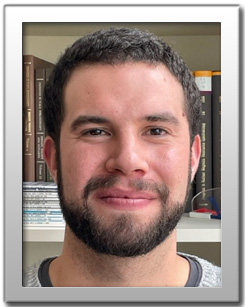 |
||||||
| 16:20 - 16:50 | Davide PICCININO - CV University of Tuscia – GentoxChem Lignin chemistry as natural starting platform to design innovative replacing multifunctional ingredients: a green chemistry approach |
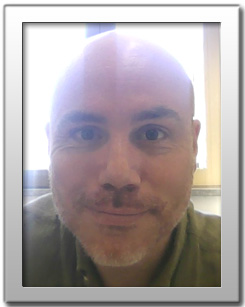 |
||||||
| 16:50 - 17:10 | Sara Paola NASTASI - CV University of Milano Bioinspired Pest Control: Sustainable Formulations for Bioactive Molecule Delivery in Plants |
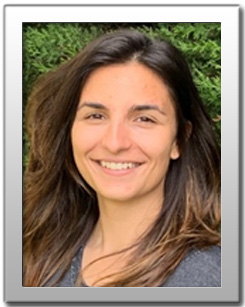 |
||||||
| 17:10 - 17:30 | Michele RICUPERO - CV University of Catania Nanoformulated essential oil-based insecticides: an ongoing scenario for greenhouse pest control |
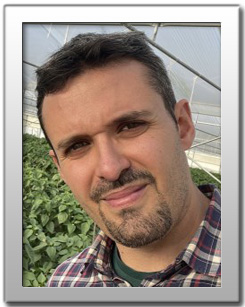 |
||||||
| Back to Masterplan | |



